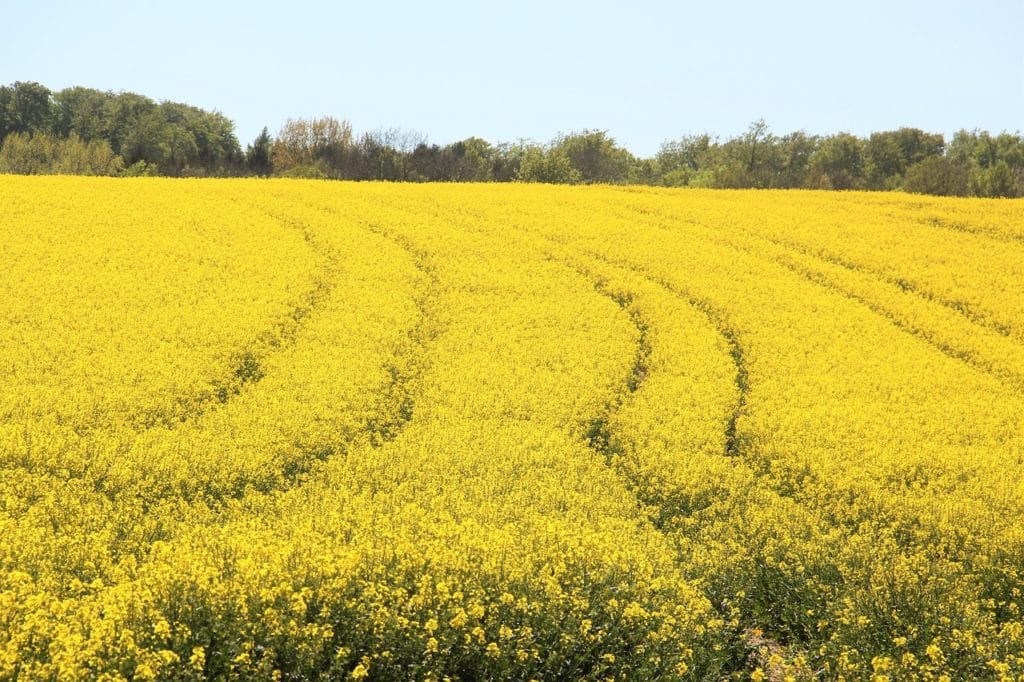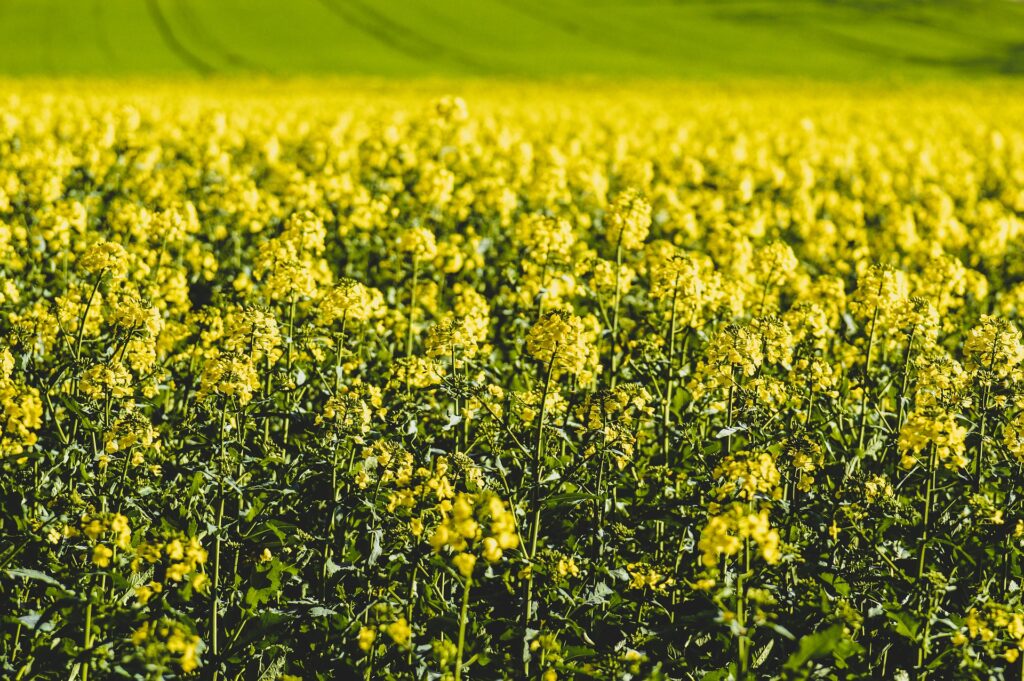The insecticide is the first of its king for field crops like oilseed rape and cereals.
Bayer announced a partnership with AlphaBio Control, a UK-based firm, to obtain an exclusive license for a pioneering biological insecticide. A Bayer news release said the product, set for a potential 2028 launch, will be the first of its kind for field crops such as oilseed rape and cereals, following further development and registration. AlphaBio, which discovered this insecticide, also collaborates with Bayer in distributing FLiPPER®, a bioinsecticide-acaricide.
Benoit Hartmann, head of Biologics at Bayer’s Crop Science Division, highlighted the importance of this initiative.
“Farmers need innovative new solutions as they seek to continue to feed a growing population, overcome the impacts of climate change, and meet enhanced safety and sustainability standards,” he said in the release. “Biocontrols are a perfect fit to our approach to scaling regenerative agriculture, and we’re excited to work to bring a new biological crop protection option to farmers that can be used for arable crops.”
Bayer said the insecticide shows promise in combating coleoptera insects like the cabbage stem flea beetle (CSFB), which poses a significant threat to oilseed rape throughout its growth, potentially leading to seedling fatalities. Prevalent in the United Kingdom and much of Europe, adult CSFB feeding leads to ‘shot-holing’ damage in young plants and early leaves, adversely affecting growth and plant health.
“We are delighted to license Bayer exclusive rights to our latest bioinsecticide which will significantly improve the choices available to arable farmers wishing to reduce the environmental impact of food production,” general manager for AlphaBio Control Marta Ruiz said.
Bayer plans to integrate this bioinsecticide into a digitally supported pest-management system to maximize cost efficiencies, acknowledging the need for cost-effective solutions for large-scale arable farming. Ralf Glaubitz, head of Global Asset Management for Seed Growth & Biologics at Bayer’s Crop Science Division, discussed the growth potential.
“With increasingly strong demand from farmers and changing consumer preferences, we see major growth potential for biological crop protections like this one,” he said. “We’re working to outgrow the market and achieve more than 1.5 billion euro in biological sales by 2035. That’s only going to happen if we innovate to solve the challenges that farmers face in all fields.”
This release said the biological insecticide also supports Bayer’s objective to reduce the environmental impact of its crop protection products by 30 percent by 2030, without compromising crop yields and health.












